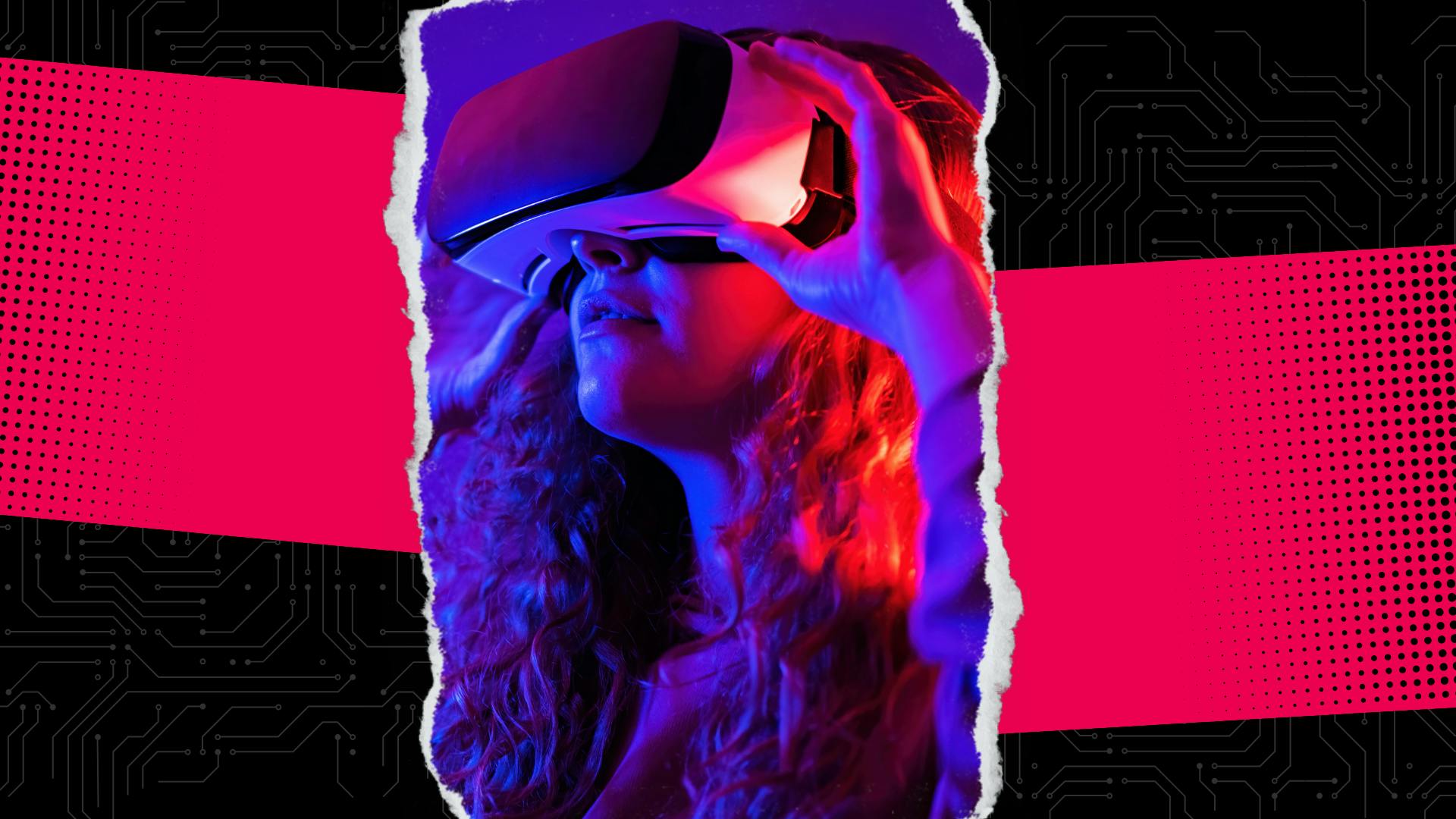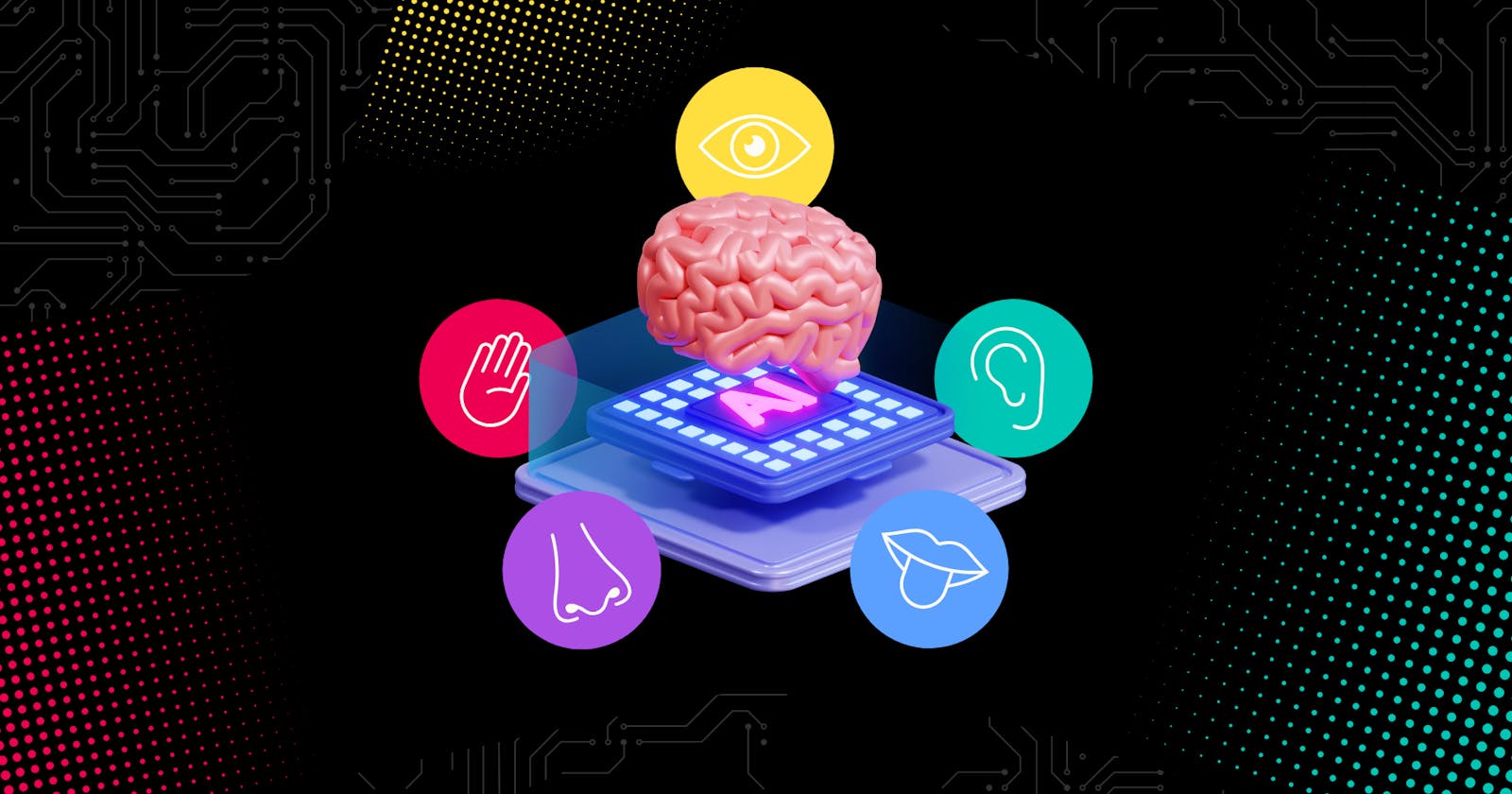AR Headsets are not the end game.
From the earliest computers to the sophisticated machines of today, technology relentlessly pursues the ability to replicate and surpass reality.
The ultimate goal is Reality Computing – where we see, hear, feel, taste, and smell the digital realm, blurring the lines between the physical and virtual.

See
Display technology has evolved from black and white to color, and now to ultra-high resolution. Displays will become smaller, thinner, and less opaque, eventually fitting like contact lenses and offering full field of view. This will enable us to seamlessly overlay the digital world onto the real one, or completely immerse into virtual environments.

Hear
We've moved from crackly monophonic recordings to advanced surround sound and spatial audio, placing us within the action of movies or concerts. Now, noise-canceling technology lets us tailor our auditory environments, filtering out distractions for focus, or completely escaping into silence when needed.

Feel
From the simple key presses of a keyboard to the taps and swipes on our mobile phone screens, and even the gyroscope-powered controls and subtle vibrations of controllers and phones, we're increasingly able to 'feel' the digital world. Haptic feedback adds an extra dimension, unlocking new experiences and levels of immersion.

Taste
Digital taste stimulation is in its infancy, but researchers are exploring electrical and thermal tongue stimulation. Imagine sampling virtual dishes or learning about global flavors without needing actual ingredients! The possibility of taking a snapshot of food and sharing that experience with others takes things to an entirely different level!

Smell
Imagine how our limited colored ink cartridge can produce a whole lot of different colors. Devices can release controlled mixtures of scents, matching visuals on a screen with corresponding smells. Virtual vacations could feel complete with the smell of ocean air, while gaming could be intensified by gunpowder or other atmospheric aromas.
Conclusion
Perhaps these technologies won't even remain separate but will instead converge into a single chip that interfaces with our brains, bending our reality to its programming.
Let's just hope this chip doesn't include a sentient AI intent on controlling us – we don't want to end up facing the choice between a blue pill or a red pill!
